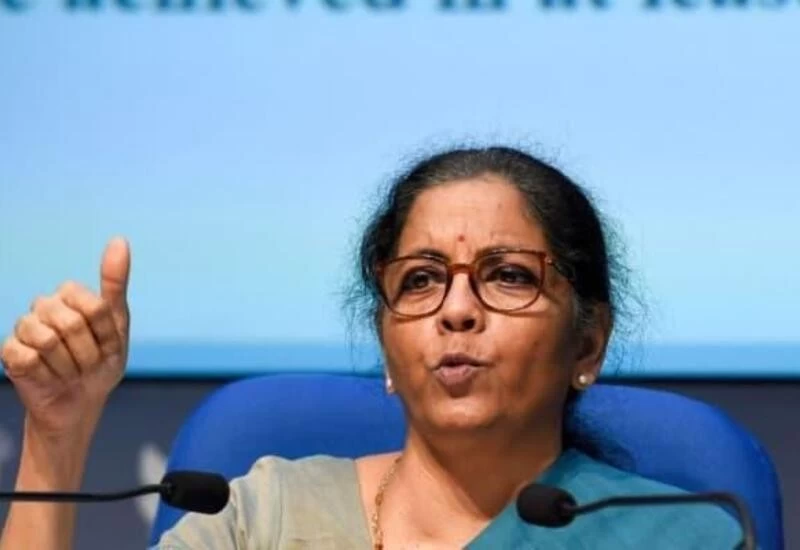New Delhi: Global securities research firm Sanford Bernstein termed the Rs 20 lakh crore economic revival package announced by the Modi government to cope with the coronavirus disease and the impact of the lockdown imposed to slow its spread as a “lost opportunity” echoing growing concern about whether it would help revive the economy.
“While the package started on important aspects but the need to announce measures that add up to this top down number, made the entire package aimless, with several generic announcements which should ideally, have been a part of a normal economic agenda. Overall, we see it as a lost opportunity,” the May 17 report on Asia-Pacific Equity Strategy said.
India’s desire to announce a large economic package, something that shows the world that it cares about the economy and is willing to match global stimulus numbers, was perhaps the driver for the claim of a large package (USD 280bn, 10% of GDP), the firm said.
The finance ministry did not respond to an email seeking comment on the report.
Earlier, in an interview with Hindustan Times (published on Monday), finance minister said the government has taken an informed decision on the package . “Every sector has been helped. I think this is a reasonably exhaustive package. And it approaches every section — perhaps in our own way, not in a way people wanted us to. There is hope for everyone to be benefit from this.”
The report, however, said, “Broader reforms lack the spark.” Not much was discussed on land, labour reforms, tax rationalization or on any coherent plan to invite foreign manufacturing, it added. “The government’s defence indigenization plan is not new and has been poorly executed in the past and that is also the case with commercial mining for coal. APMC (amendment) plans are good but also need support from states. The discom plan is insufficient,”the firm pointed out.
Analysing the proportion of fiscal and monetary measures in the stimulus package, the report said of the overall $280 billion, credit guarantees were around $62billion and liquidity support from the Reserve Bank of India (RBI) around $108 billion. Government programs of $173 billion includes $132 billion of loans, $24billion of fiscal support (0.9% of GDP) and rest largely for food grains etc, which is from Food Corporation of India (FCI) stock and other schemes.
“India does not have fiscal buffers hence a large fiscal stimulus would have been a bold bet – as that could have impacted ratings and currency, if not executed properly.Government has hence taken an easier path,” it said.
Sitharaman addressed this question in Sunday’s interview with HT. “Rating agencies rate you (badly) f you alone are not doing well in a world that is otherwise rosy. With a global pandemic, with every economy being affected….ratings can’t be done in isolation.”
“I’ve thought about it, and it doesn’t worry me. Look at the strengths of India: we are less affected; our foreign exchange reserves and macroeconomy are strong; we have had a six year tenure of PM Modi who has handled the economy responsibly; our debt to GDP ratio has come down. Why would the rating agencies treat us badly?,” she added.
The Bernstein report, however, appreciated measures taken for micro, small and medium enterprises (MSMEs) such as credit guarantees for fresh credit to support a sector that employs large workforce. It gave a thumbs up to package supporting the poor and migrants. “The expansion of MGNREGA, has a negative aspect, as it could impact labour availability, as rural migrants may not rush back for jobs (construction, transport most impacted),” the report said.


